Coaching
As a trained Internal Family Systems practitioner, I support other thoughtful grown-ups with kind hearts and complicated brains as they learn to communicate skillfully with every part of who they are.
Make peace with all of who you are.
Learn the skills of inner communication for healing and liberation.
With some simple skills and a little practice, you can learn to harmonize all the conflicting thoughts, emotions, and perspectives inside your head. And when you transform your inner dialogue, you transform what it feels like to be you.
When all the “voices in your head” can communicate freely, everything changes — how you feel about yourself, how you respond in relationships, and how you show up in the world.
About coaching
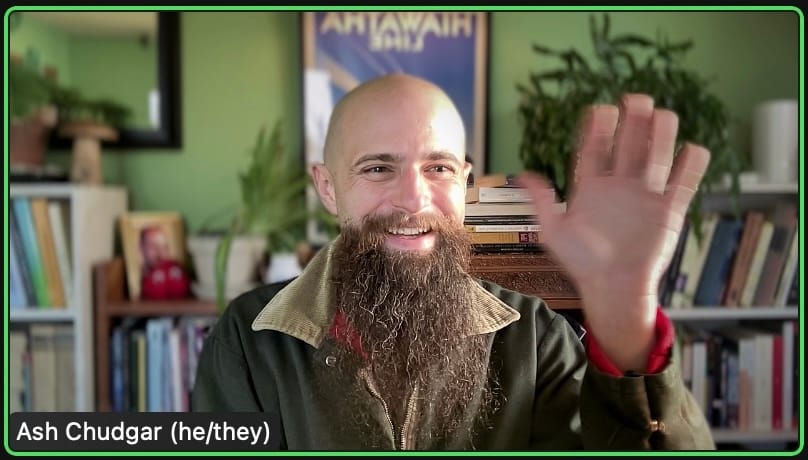
🗓️ From an intensive exploration of your inner world to one-off sessions when you need them, there are lots of ways I can support you on the way to inner healing and liberation.
What clients say

“A personal paradigm shift”
It wasn’t until I worked with Ash that I began to understand all the ways I had closed myself off to the world. Over just a handful of sessions, Ash expertly and compassionately guided me to what I now call a personal paradigm shift. It’s not as though I’m a new person, instead, the clarifying power of parts work has helped me better understand who I’ve always been, and how I can take care of myself.
— Daniel, 2025
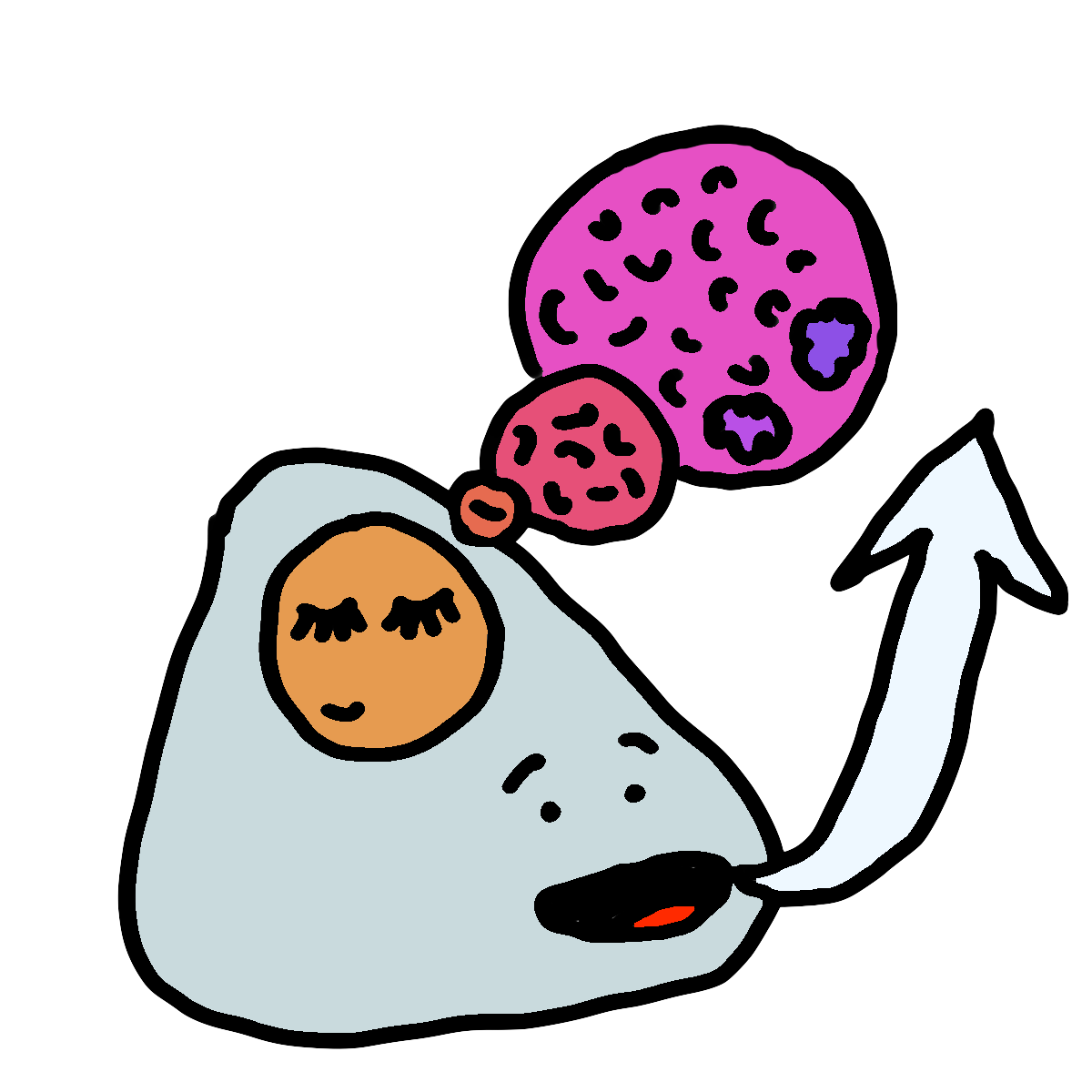
“Wonderfully not like a therapist”
I feel so much trust with you — you’re punctual, accountable, clear, present, in your own feels, and wonderfully not like a distant, removed therapist! You share an unending perspective and experience in PartsLand that utterly shifts my world view and view of self.
— Meghan Chao Smith, 2024

“Makes it feel safe”
One of the most therapeutic and healing experiences of my life. For me, traditional therapy was never a real fit. I always felt like I could intellectualize and control the process way too much. It always felt impossible to let my guard down enough to actually deal with anything real. But Ash is so deeply empathetic and present in his guidance that … he makes it feel so safe to share.
— I.B., 2022
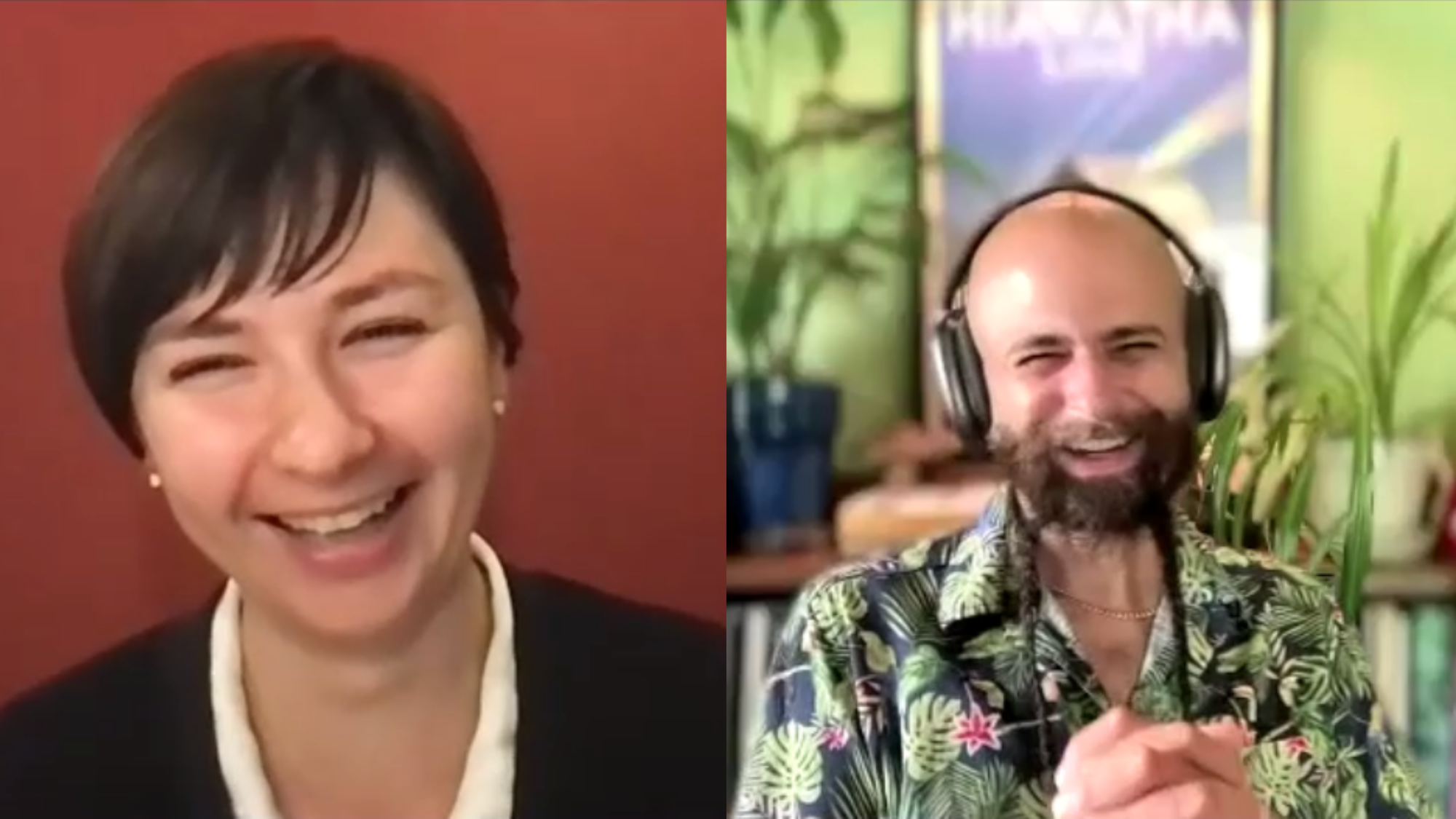
📺 Video clips
Here are some quick clips from a sample first session, with explanations for how the coaching works at each step.
Watch the videos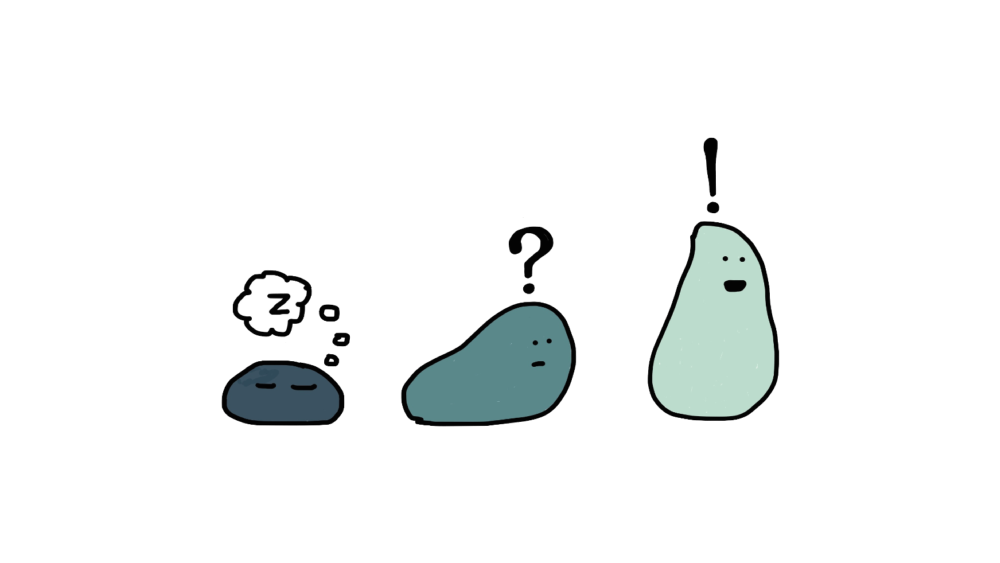
ℹ️ Frequently asked questions
Start here for an easygoing overview of my coaching practice, from how my work is different from therapy to pros and cons.
Qs and As about coaching🆓 Start with a free first session
Rather than offering a quick “consultation,” I like to take a whole hour to get to know every potential client, so they can get a good feel for what it’s like to work together. Zero pressure, totally confidential — just an hour for us to talk.
Browse available timesMore to learn
The kind of work I do as a coach is endlessly interesting to me, and I write about it a lot for colleagues and community. Blog posts about partswork include handy resources, occasional dialogues among my parts, and other experiments in internal community-building.
Also, you don’t need a support from a professional like me to start exploring your inner world: you can start right now, today, for cheap or free.
How improving your inner communication can change your life
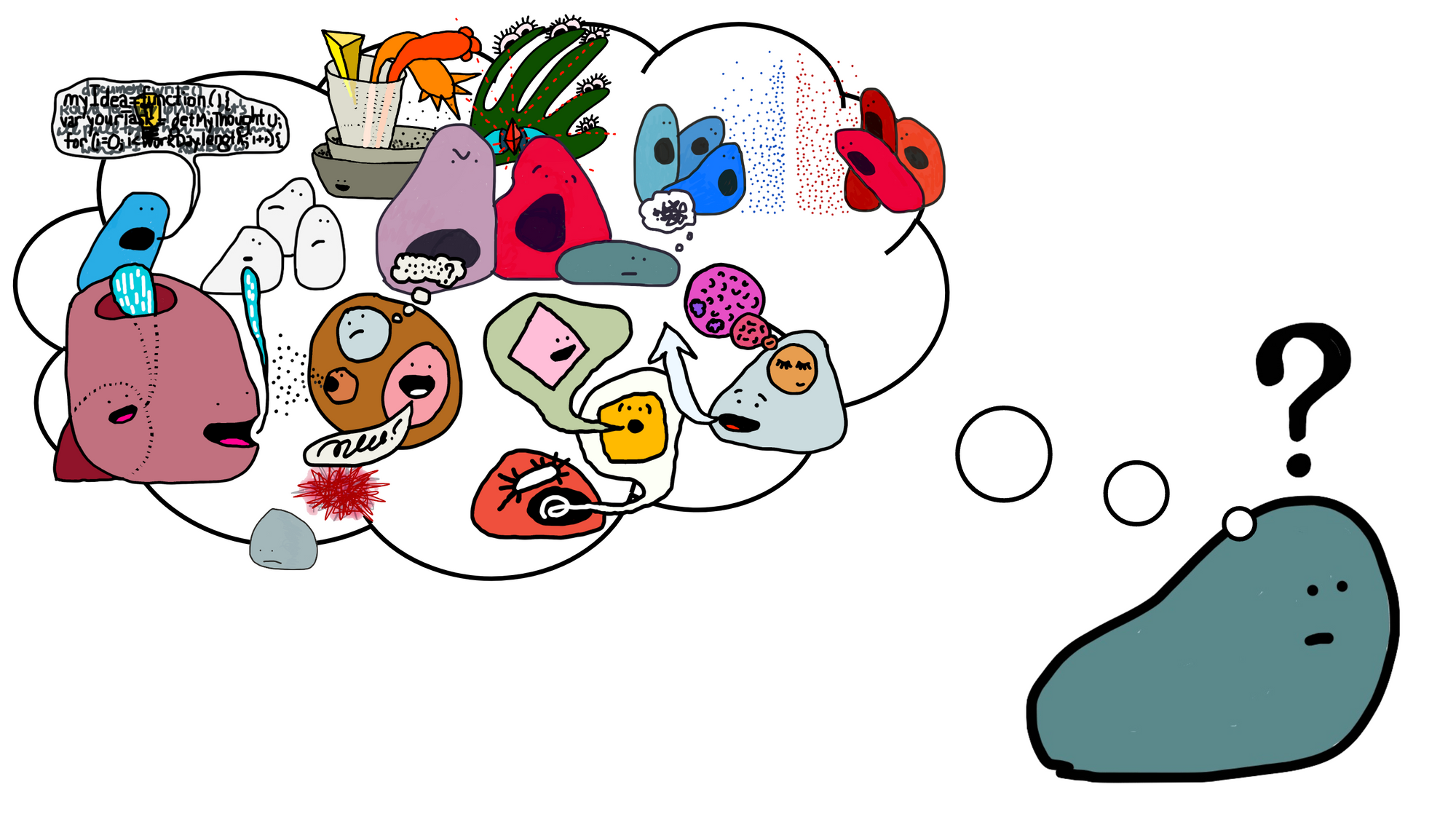
The human mind can be a noisy place.
Most people talk to ourselves all the time — sometimes out loud, and constantly in our heads. These mental conversations, moment by moment and year after year, make up the internal community of you — diverse aspects of your unique personality, in constant dialogue with each other.
- Some people’s inner communities are so harmonious and peaceful they don’t even notice them. (Or so I’ve heard.)
- For other folks — especially those of us who’ve had experience of trauma or oppression — the “voices in our heads” can be so noisy, hostile, or confusing that they get in the way of our relationships, our work, and even our sense of self.
If the conversations that go on in your head are causing you trouble, I can sympathize. I felt that way too, for decades. So I’m speaking from experience when I tell you that the conversations in your head can change for the better.
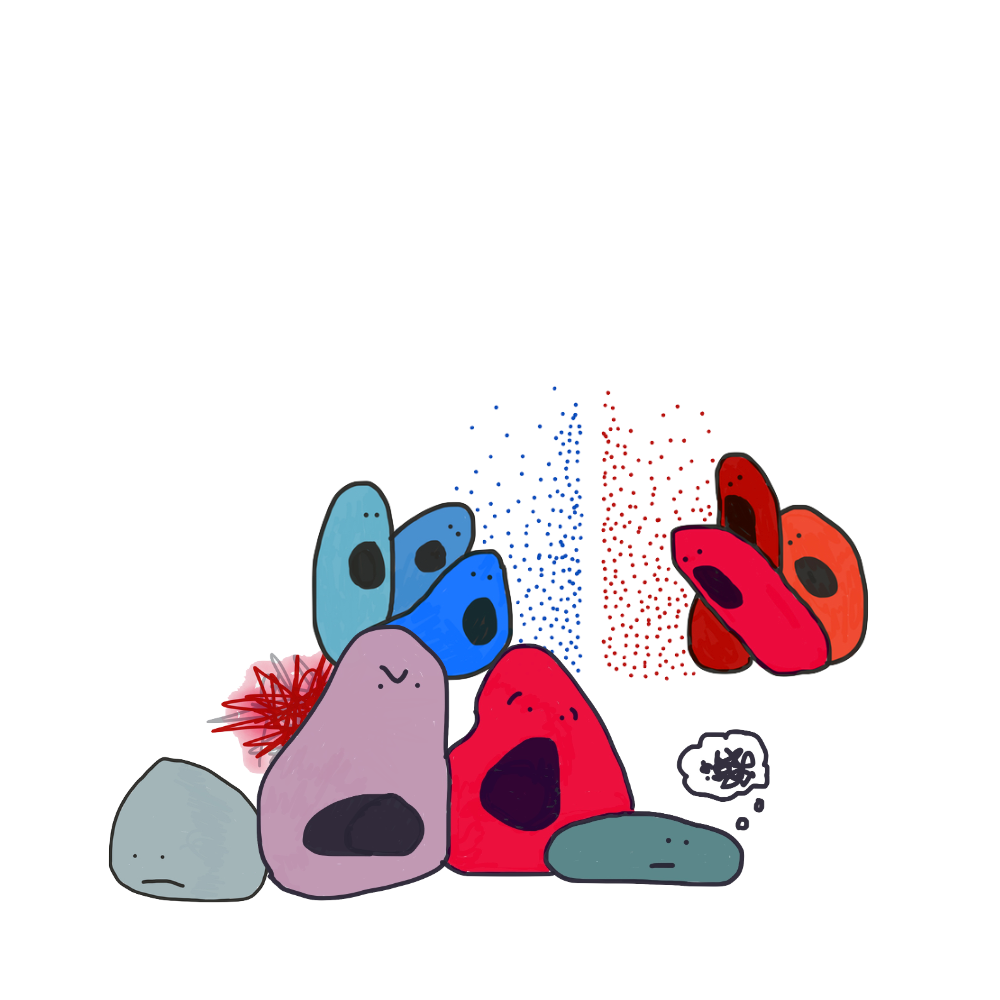
For most of my life, my chaotic and distressing thoughts made me miserable.
I would do almost anything to avoid being “alone with myself.” (A small example: I never took a shower without the radio on.) Over the years, some healing practices helped me get some control over my inner dialogue, from A.A. to therapy to meditation to cannabis — but nothing ever made me feel truly safe in my own mind.
Then I learned a simple and powerful way to improve my inner dialogues: by taking them seriously. Through a process of inner inquiry called “partswork,” which I learned about through a therapeutic model called Internal Family Systems, I found more healing and liberation than I ever suspected possible — simply by paying respectful attention to my own inner world.
Now I help my clients find their own healing and liberation in the same way.
How I learned to harmonize the voices in my head
As I’ve experienced it in my own life, using partswork so well for inner healing and liberation because it’s so simple and intuitive to put into practice. Here’s how this whole deal worked for me:
- Listening to my inner dialogue. First on my own (with this book), then with professional support (from this amazing person), I learned to really listen to all the different parts of who I am — even the internal voices I didn’t like very much.
- Getting to know different parts of myself. With practice, I got to know all the different parts of myself — some I knew about, some very surprising — and they got to know me too. I learned about their stories, their true intentions, their relationships with each other, and the work they’ve been doing to help me get through life.
- Building internal community. And over time, with practice, my whole inner community has learned how to talk together in respectful, compassionate, and liberating ways.
The model itself was so intellectually fascinating and spiritually rewarding that I became a trained IFS practitioner myself. Now as a coach, I support my clients as they do all these things for themselves.
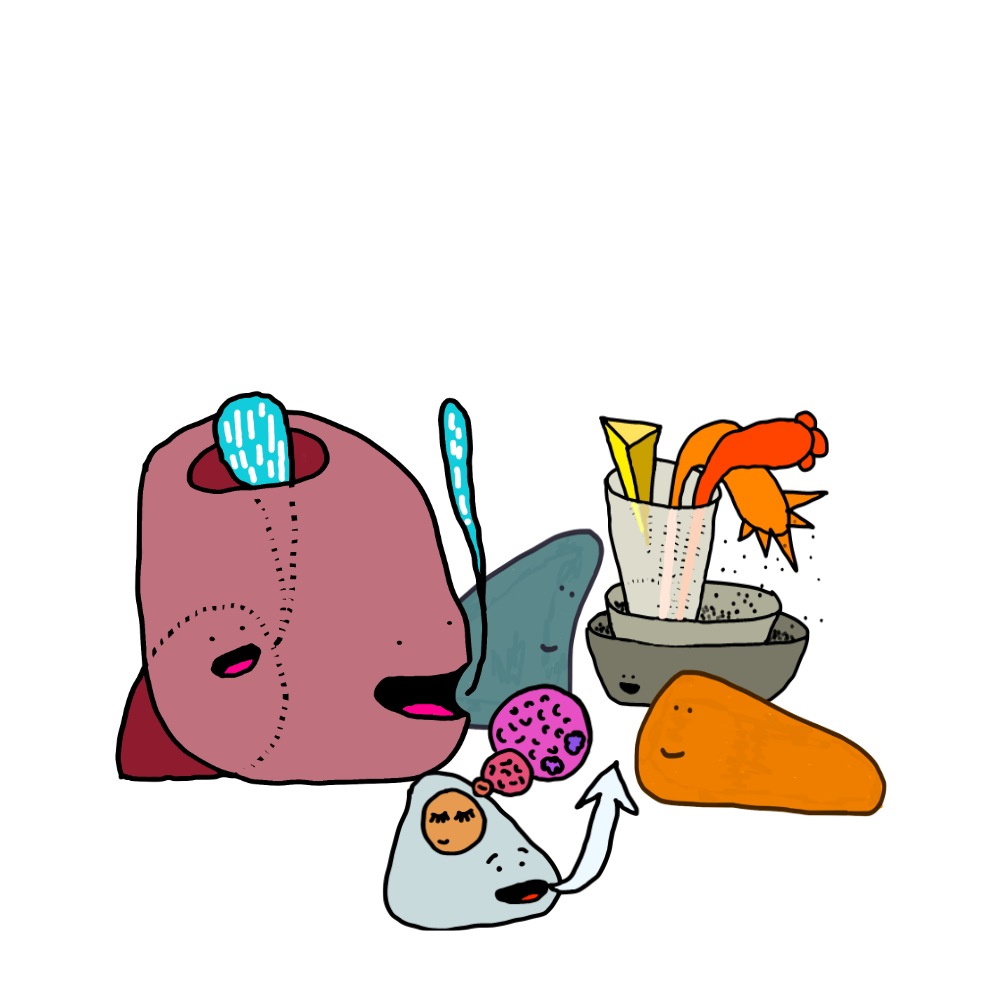
What to look forward to
Today, the “voices in my head” are my loving internal family, and we grow and evolve together with mutual respect and support. Every part of who I am knows that, as a community, we can face whatever life has in store. Together, we keep us safe.
How better internal communication feels
Today, the “voices in my head” feel like a loving chosen family — and we know that, together, we can face whatever life has in store for us. Together, we keep us safe. Harmonizing the “voices in your head” can help you feel more:
- Calm, clear and confident. Mutual respect and support among the different parts of your personality lets you speak more clearly, consider things more calmly, and act more confidently in the world — even under pressure.
- Courageous and connected. The united support of your whole inner team can gives you the courage to connect with or detach from other people and communities from a place of inner integrity.
- Creative. When they feel a sense of inclusion and belonging, the diverse parts of your personality can generate ingenious solutions to difficult problems.
- Curious. Your curiosity about your own internal world will make you more curious about the complexities of other people and systems.
- Compassionate. Your love and kindness toward the most challenging parts of yourself will help you respond with compassion to the most challenging parts of other people.
